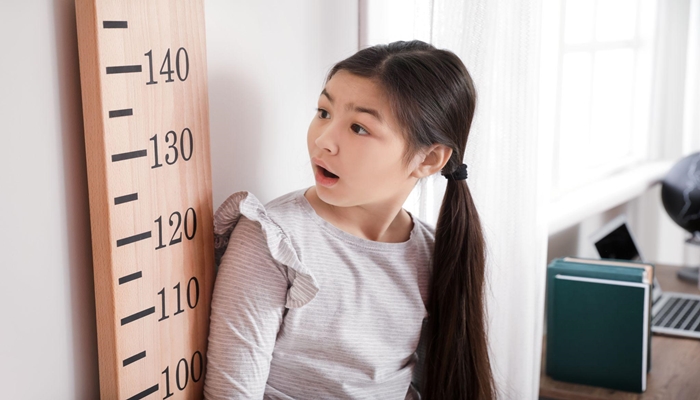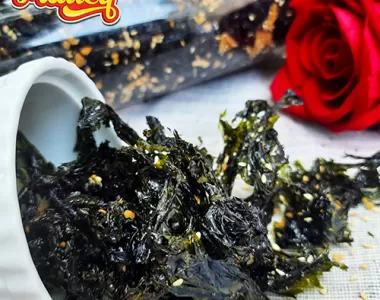Who should not eat brown rice?
1. People with poor digestion
Brown rice is harder and has more fiber than white rice, making it difficult to digest. People with poor digestion, if they eat a lot of brown rice, it will make the stomach work hard, easily causing varicose veins and stomach bleeding. Therefore, people with poor digestion or digestive diseases should only eat white rice.

2. People with calcium and iron deficiency
People who are deficient in calcium and iron should absolutely not eat a lot of brown rice. This food contains phytic acid, which when combined with minerals will precipitate, hindering the body's absorption process.
3. People who are physically active
Brown rice is a raw food, lacking in protein, fat and providing little energy, so it is not suitable for people who regularly engage in heavy physical activity. According to experts, people who practice intense physical activity should eat foods high in protein to supplement energy.

4. Children of puberty
Puberty is a time when the body has special requirements for nutrients and energy. Children at this age eating brown rice will not be able to provide enough nutrition. Even the amount of fiber in brown rice hinders absorption and makes the child's body nutritional deficiency.

5. Elderly people and children
Young children with incomplete digestive function and elderly people with impaired digestive function eating brown rice containing a lot of fiber will cause indigestion, creating a great burden on the stomach.
6. People with low immunity
Brown rice contains a lot of fiber, consuming more than 50 grams of fiber per day will interfere with protein absorption, affecting the functioning of organs in the body and the immune system. Therefore, people with low immunity should not eat a lot of brown rice.












